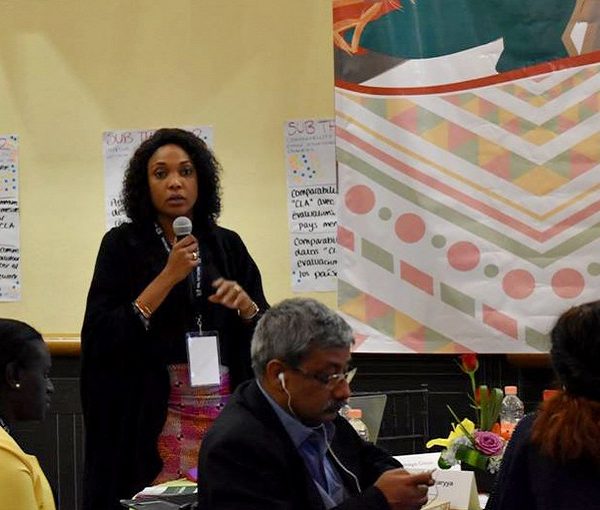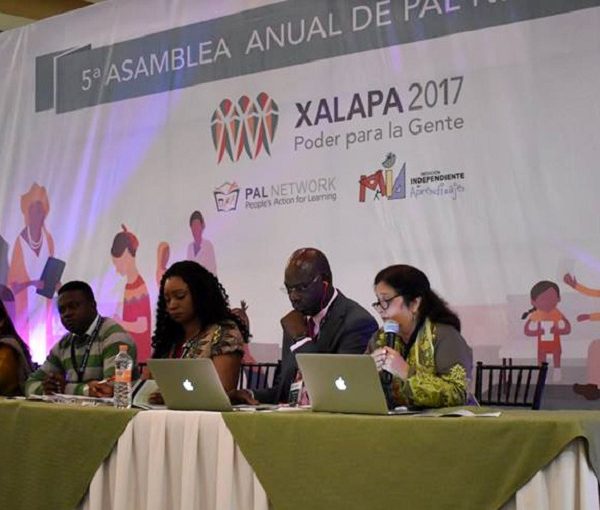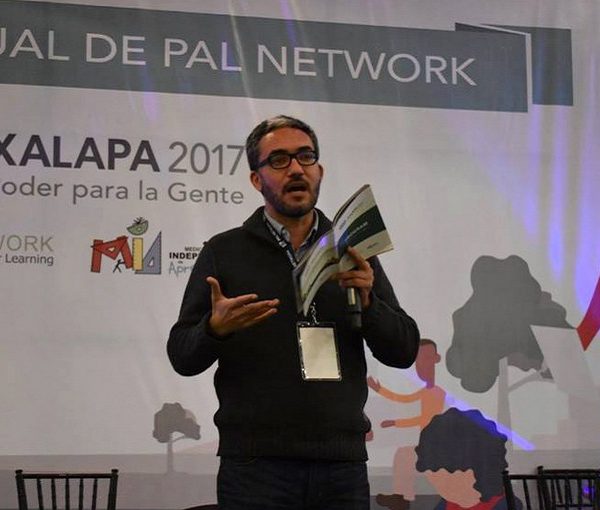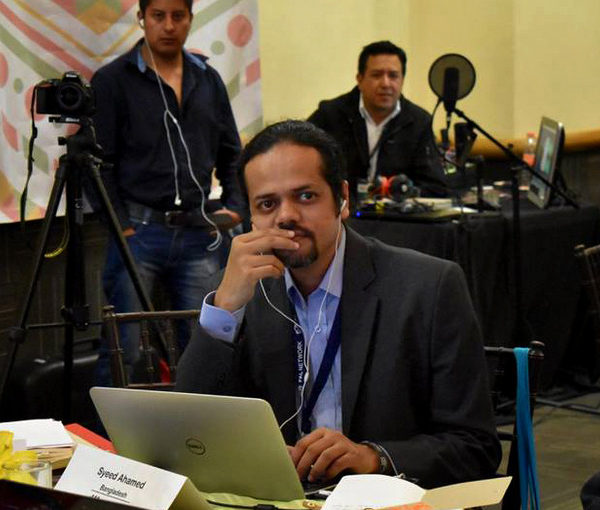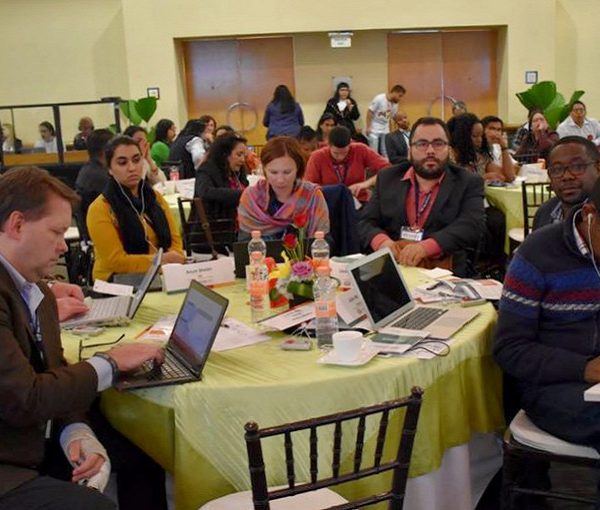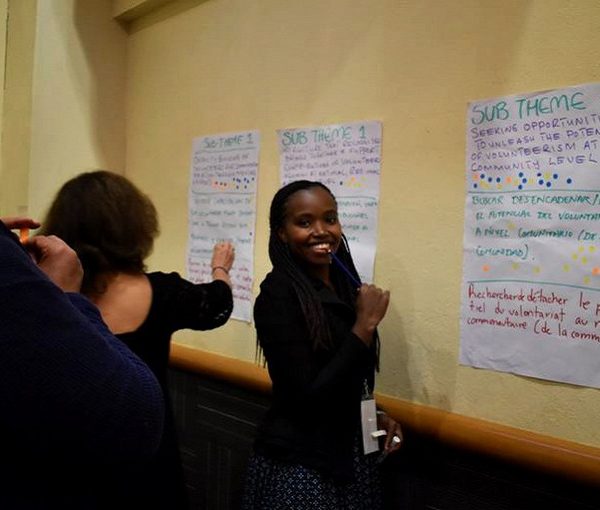In a session on the Sustainable Development Goals (SDGs) and Data, IID highlighted the need for evidence and citizen-led household-based survey to monitor the SDG goal 4.1–ensure free, equitable and quality primary and secondary education for all girls and boys leading to relevant and effective learning outcomes. The session was a part of the fifth annual meeting of the PAL Network, which took place from 10-16 March 2017, in Xalapa, Veracruz, Mexico.
Representatives from more than 20 countries in Asia, South America and Africa, and hundreds of thousands of citizen volunteers came together with one single aim – to make learning a focal concern for the communities, the government and civil society.
The session focused on one of the key issues pertaining SDGs, i.e. how the whole process of SDGs will be monitored. While international communities are trying to figure out some indicators and methodologies to measure the progress of SDGs, the government is ideally responsible for the monitoring its nation’s progress. Amidst this, civil society has found itself in the back seat for SDGs’ monitoring process. The session, therefore, discussed how the PAL Network members can play an active role in monitoring the progress of SDG 4, particularly SDG 4.1.
IID provided three ways through which PAL Network can take an active part in the SDGs. The first task of PAL Network is to align its strategies to that of the SDGs. To this end, PAL Network needs to find areas where they can contribute, and if necessary, repackage its products a little to make it more in line with SDGs without undermining its core values of citizen-led household based survey. Secondly, PAL Network needs to find common grounds and make the methodology, the target group and tools comparable within the countries. Finally, PAL Network should also tweak its research communication so that the work that is being done also receives exposure on different platforms. So PAL members and probably the working group on research communication and advocacy needs to play a greater role in making sure that the PAL Networks voice is heard in the global forum.
Additionally, IID also proposed that the civil society can ensure whether the government is following a transparent and effective monitoring process. The civil society can do their own citizen-led survey and track the monitoring process, and report it regularly to keep the donor community, development partners and the government accountable. The civil society can also play a complementary role and help assist the government in the procedure. For the latter, PAL Network members would require to find some common grounds and establish some common standard about the test they do.
The CEO of IID, Syeed Ahamed, was elected as the Chair for the working group on research communication and advocacy. IID will work with other organisations/member countries to lead them further to promote research communication and advocacy.

